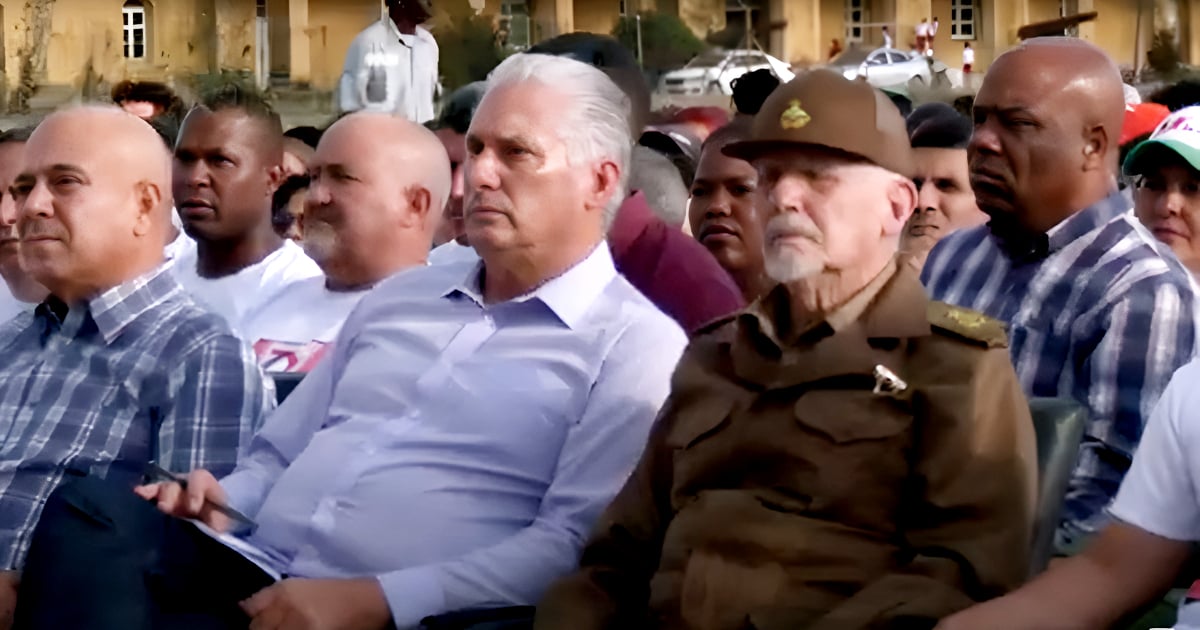The escalating power crisis on Isla de la Juventud has ignited an unprecedented wave of public discontent, transcending mere complaints about the blackouts. In recent hours, social media users have begun circulating messages advocating for the independence of this Cuban territory, demanding a self-governing republic free from the control of the central government in Havana.
This unrest traces back to the initiation of scheduled power cuts that commenced following the visit of leader Miguel Díaz-Canel to the special municipality. He traveled to the island alongside Commander Ramiro Valdés, tasked with the "recovery" strategy for the National Electric System, to attend the central event marking 70 years since dictator Fidel Castro's release from the model prison.
Roots of the Energy Crisis
Historically, the island had managed to maintain energy stability due to its independent generation system. However, for the past two weeks, residents have been enduring power interruptions lasting up to five hours daily, with no discernible pattern or solutions in sight. Citizen accounts indicate that the deterioration began when "two generators were taken to Havana," according to circulating rumors. Since then, frustration has been mounting.
"We can't sleep or cook here. Everyone is outraged," a resident expressed in social media messages. "It's not just the electricity. It's the dengue fever, the food, the insecurity... we're exhausted."
Growing Calls for Autonomy
The situation has led to symbolic protests and viral commentary. One of the most shared posts came from user @SanMemero on X: "Amid all this, something is stirring within Isla de la Juventud, and calls for Cuban independence are emerging." Initially perceived as irony, subsequent messages reveal underlying tension.
Anonymous posts shared in groups like 'Revolico Isla de la Juventud' include calls to "establish an autonomous republic," "open the door to free trade," and even "dollarize the local economy." Others propose negotiations with the Cuban government to allow administrative and economic autonomy for the territory.
Local Activism and Public Frustration
Simultaneously, local activists like Jaguar Junglas are highlighting the critical conditions: "More than 5 hours without power, no answers. Mosquitoes are invading, and dengue is imminent. Are they waiting for deaths to act?" His posts have gone viral, accompanied by calls to action and breaking the silence.
Distrust toward local and national authorities has grown, fueled by the gap between recent promises of energy stability and a reality that increasingly deviates from that narrative. Authorities have advised residents to unplug appliances and keep flashlights charged, but for many, these are mere band-aids over an impending collapse.
Meanwhile, discontent is transforming into organization. For the first time in decades, serious discussions of independence are emerging from the island. Although still a marginal expression, the social and economic context seems to be pushing many locals to envision a future beyond the Cuban state's control.
Understanding the Crisis in Isla de la Juventud
What has caused the recent power outages on Isla de la Juventud?
The recent power outages on Isla de la Juventud began after two generators were reportedly moved to Havana, leading to interruptions of up to five hours daily without clear solutions.
How have residents reacted to the power crisis?
Residents have expressed their outrage on social media, citing issues beyond electricity, such as dengue, food shortages, and insecurity. Some are advocating for autonomy or even independence from Cuba.
What are the potential solutions being proposed?
Some proposals include establishing an autonomous republic, allowing free trade, dollarizing the local economy, and negotiating with the Cuban government for administrative and economic autonomy.
